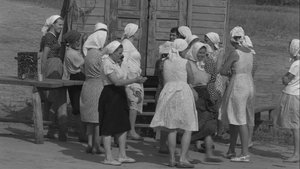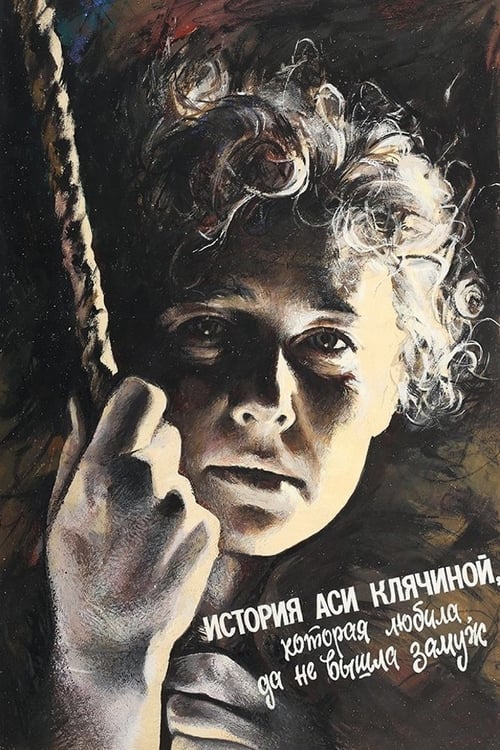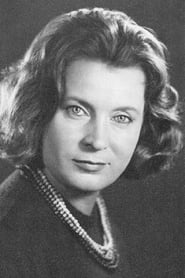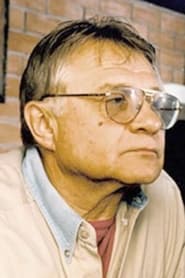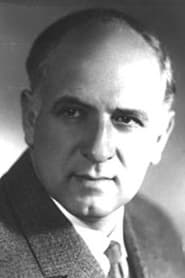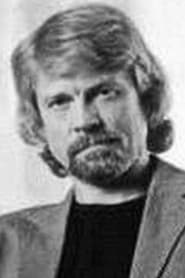Cast
View AllCrew
Director
- Andrei Konchalovsky
Writer
- Yuri Klepikov
Producer
- V. Kovalevskiy
Reviews
CinemaSerf
Well the clue to the plot is in the title, but luckily it has a really powerful performance from Iya Savvina as the eponymous, pregnant, character who proves strong and determined despite a disabling limp to help this really stand out. Her lively gypsy community farm has something of the survival of the fittest to it, and she isn't really anyone's choice for a wife amidst the boorish citizens who make up her village. Even the father of her unborn child shows little interest, though her affection for him is clear for all to see. The thing is, her's isn't a desire for something from fairy tale either. She is just as capable as many of the men - just ask the hapless "Stepan" (Aleksandr Surin), and her emotional needs don't require the trappings of traditional romance, per se. Her's is as much a desire to be accepted and loved for whom she is, and that's quite a challenge! It's not difficult to see why this remained banned for ages as it doesn't depict the Soviet political ethic particularly favourably; nor does it look at the sexes, nor those of an ethnic minority, as in any way equal - and that's what helps to make it's points more potent. It's unsavoury and gritty; the characters are frequently obnoxious, malnourished, malformed and hardly the epitome of the collective glory the CCCP wanted to export to the world. It's that honesty - helped to a considerable extent by real "peasants" rather than actors; when coupled with the touchingly assertive effort from Savvina that makes this a tough, but ultimately quite rewarding, watch that does inject some humour now and again but is essentially quite a revealing and plausible look at the lives of people whose lives meant little, even to them! It's a slightly cyclical story, this - ages gone by might evolve into ages to come that might never improve whether there be a Czar or a Chairman at the helm of the state.
Dec 17, 2024
Thematic Analysis
As a dramatic work, The Story of Asya Klyachina, Who Loved, But Did Not Marry examines complex human relationships and emotional struggles against the backdrop of a period setting that reflects societal issues of its time. The character development particularly stands out, offering viewers a chance to reflect on their own life journeys.
Director Andrei Konchalovsky brings their distinctive visual style to this film, continuing their exploration of themes seen in their previous works while adding new elements. Their approach to character development and emotional depth creates a viewing experience that rewards close attention.
Released in 1966, the film exists within a cultural context that now offers viewers historical perspective on the social issues of that era. Its reception demonstrates the diverse reactions to its artistic choices and its place in cinema history.
Did You Know?
- The production of The Story of Asya Klyachina, Who Loved, But Did Not Marry took approximately 26 months from pre-production to final cut.
- The final cut of the film runs for 93 minutes, though the director's initial assembly was reportedly 138 minutes long.
- The cast underwent specialized training for 7 weeks before filming began.
- The screenplay went through 12 major revisions before the final shooting script was approved.
- Several scenes were filmed in multiple locations to capture the perfect setting.
Historical Context
- In 1966, when this film was released:
- Social and cultural revolution was transforming Western societies.
- Counterculture movements were challenging traditional values.
- The film industry was dominated by major studios, with independent cinema still in its early development.
How This Film Stands Out
Details
- Release Date: December 29, 1966
- Runtime: 1h 33m
